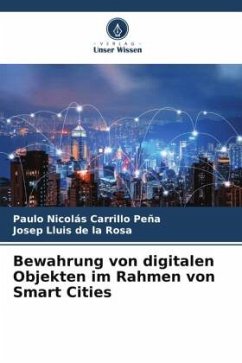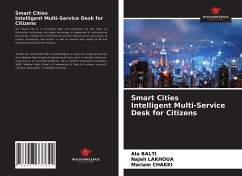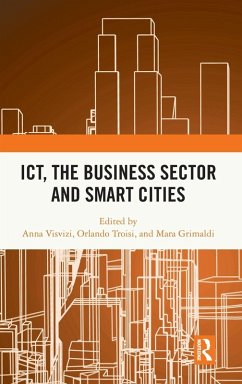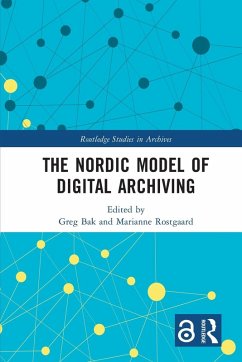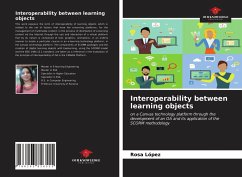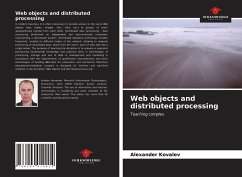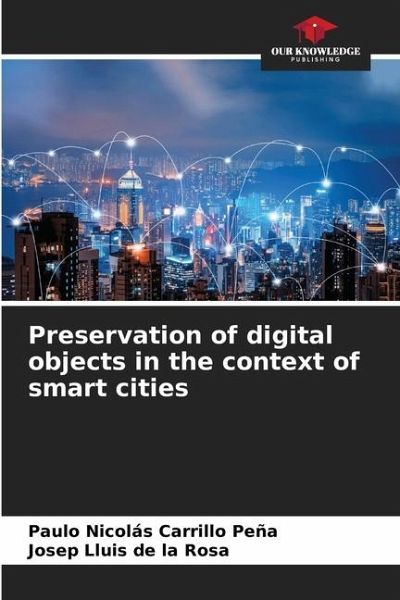
Preservation of digital objects in the context of smart cities
Versandkostenfrei!
Versandfertig in 6-10 Tagen
27,99 €
inkl. MwSt.

PAYBACK Punkte
14 °P sammeln!
Smart Cities generate a lot of information that must be kept usable for several decades. Digital Preservation is therefore a requirement. Clear, available and functional methodologies are required to optimally preserve digital content. Currently, institutions and users are the main actors in the digital preservation process and manage it at the macro level, in a planned but inefficient way, with great risks of information loss due to obsolescence. In this research, the digital preservation process is modeled at the micro level, i.e., by making digital objects themselves active players in the p...
Smart Cities generate a lot of information that must be kept usable for several decades. Digital Preservation is therefore a requirement. Clear, available and functional methodologies are required to optimally preserve digital content. Currently, institutions and users are the main actors in the digital preservation process and manage it at the macro level, in a planned but inefficient way, with great risks of information loss due to obsolescence. In this research, the digital preservation process is modeled at the micro level, i.e., by making digital objects themselves active players in the pursuit of their own long-term digital preservation (LTDP), taking into account their preservation costs. The operating scenario is an environment based on micro-offerings that facilitates the negotiation of preservation services, making them more affordable and better adapted to the needs of the objects. This work is part of the MIDpoint innovation project, coordinated by the Centre Easy Innova of the University of Girona.





